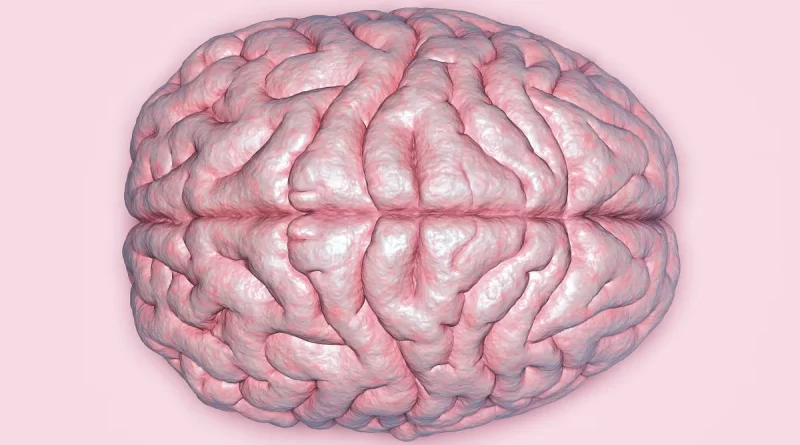Over 3 billion people worldwide affected by Neurological disorders- WHO
The World Health Organisation (WHO) has warned that neurological conditions now affect more than 40 per cent of the global population, over three billion people, making them one of the world’s most pressing health challenges.
This was contained in a new report released on Tuesday, titled “Global Status Report on Neurology”, which also revealed that less than one in three countries have national policies to address the growing burden of neurological disorders.
According to the WHO, neurological disorders are responsible for over 11 million deaths each year and remain a major cause of disability and suffering worldwide.
Jeremy Farrar, WHO’s Assistant Director-General for Health Promotion, Disease Prevention and Control, said more than one in three people globally are living with conditions affecting their brain, stressing the need to strengthen access to quality care.
Mr Farrar explained that although many neurological conditions can be prevented or effectively treated, millions of people, especially those in rural and underserved communities, continue to face stigma, social exclusion, and limited access to care.
What Are Neurological Conditions?
Neurological conditions refer to disorders that affect the brain, spinal cord, and nerves throughout the body.
They range from stroke, Alzheimer’s disease, and epilepsy, to migraine, meningitis, diabetic neuropathy, and autism spectrum disorders.
Such conditions are among the leading causes of disability and death worldwide. They often require lifelong care and support, affecting not only patients but also their families and caregivers.
Key Findings from the Report
A review of the WHO’s Global Status Report on Neurology, shows that several key concerns emerged, including the limited policy response by most countries and the acute shortage of neurological health workers.
Only 53 per cent of WHO Member States (102 out of 194) contributed data to the report, a figure the organisation described as a reflection of the limited attention given to neurological health globally.
The findings also show that only 32 per cent of Member States (63 countries) have national policies addressing neurological disorders, and a mere 18 per cent (34 countries) have dedicated funding for them.
Without policy frameworks, WHO said, health systems remain fragmented, under-resourced, and unable to meet the needs of patients and their families.
Although awareness campaigns and advocacy efforts have made progress, millions of people continue to live without recognition, care, or protection.
The report further noted that just 25 per cent of countries include neurological disorders in their universal health coverage benefit packages.
Essential services such as stroke units, paediatric neurology, rehabilitation, and palliative care are often limited to urban centres, leaving rural populations without access to critical care.
Low-income countries were found to have up to 82 times fewer neurologists than in high-income nations.
This shortage contributes to late diagnosis, poor treatment outcomes, and the absence of sustained care for people living with neurological conditions.
Additionally, only 46 countries provide formal care services, and 44 have legal protections for carers, most of whom are women.
WHO warned that this lack of support exacerbates gender inequalities and places significant financial strain on families.
Weak data systems and chronic underfunding of neurological research, especially in low- and middle-income countries, were also cited as barriers to evidence-based policy-making and effective service delivery.
Roadmap for Action
In 2022, WHO Member States adopted the Intersectoral Global Action Plan on Epilepsy and other neurological disorders, designed to reduce the burden and improve care for people living with neurological conditions.
READ ALSO: 20 per cent of adolescents experience mental health disorders globally — WHO
The plan urges countries to prioritise neurological health through sustained investment, expand access to care under universal health coverage, promote brain health across the life course, and strengthen data systems for accountability and evidence-based decision-making.
WHO emphasised that bold leadership and collaboration are critical to reversing current trends.
The health body stressed the need for collective action to ensure that patients and their families are placed at the centre of care, and that brain health is prioritised and adequately funded.

